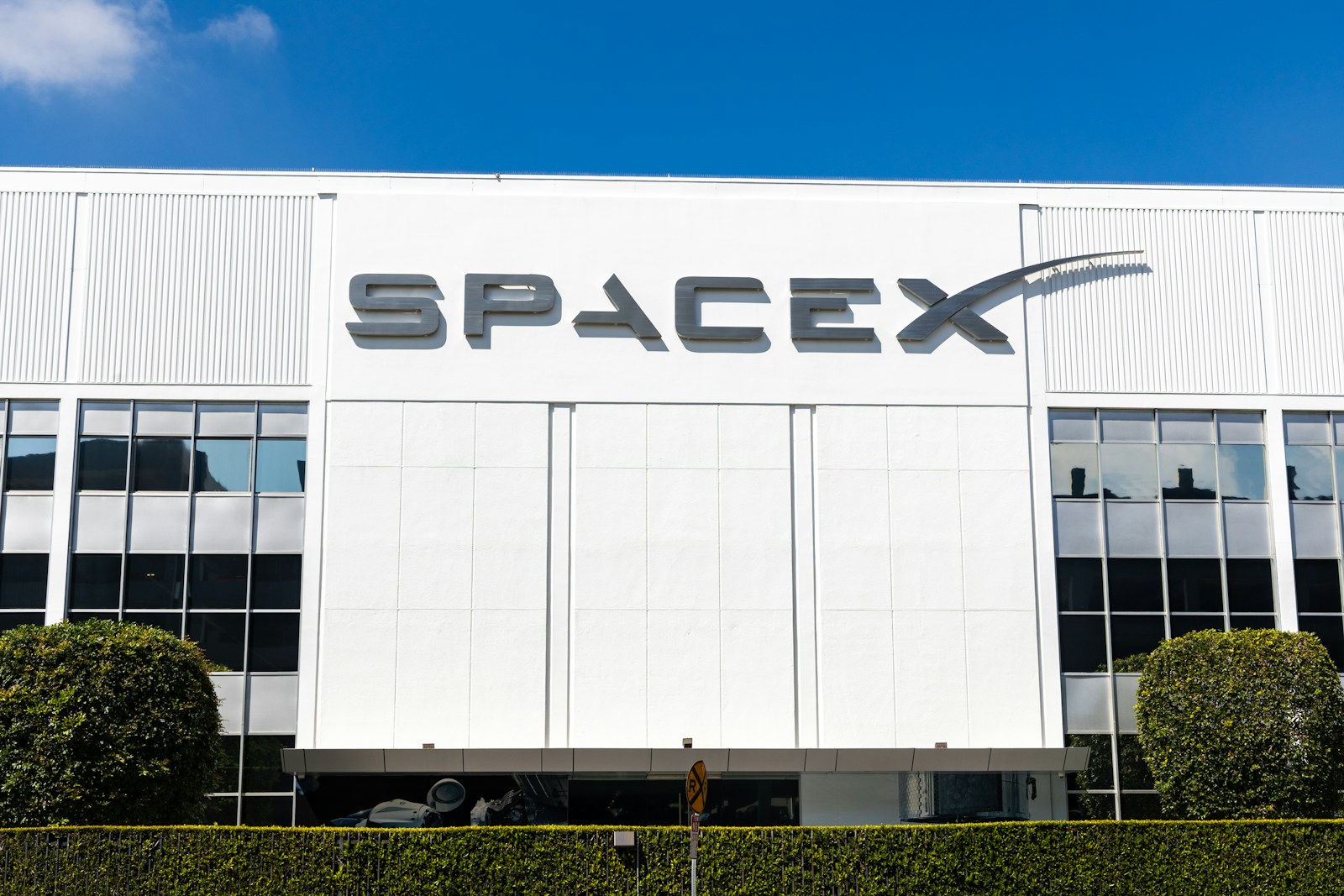The Foreign Policy Research Institute (FPRI) has released Russia’s Space Program After 2024 – a comprehensive report by Pavel Luzin that examines the historical context and current state of Russia’s space sector and provides insights into the country’s evolving space priorities.
Luzin’s key findings include a significantly underfunded Russian space program, with expenditures falling short of planned budgets by billions of rubles. This financial strain, coupled with limited access to advanced technology and a dwindling workforce, has forced Russia to prioritize its military space activities over civil space exploration. The report also notes that Russia’s military space strategy is becoming increasingly off-balance, relying on a large number of small satellites with short lifespans made from consumer-grade electronics.
Despite these challenges, Russia remains committed to maintaining a presence in manned spaceflight and sustaining its key initiatives in an effort to perpetuate the country’s standing as a leading contender in the global space race.
Financial Constraints
Russia’s space program has experienced severe underfunding compared to its initial strategies. The FPRI report found that from 2013 to 2020, actual expenditures totalled only $25.7 billion, falling far short of the planned $50 billion. This significant shortfall, exacerbated by sanctions and equipment embargoes, has hampered the program’s development and forced a reevaluation of priorities.
The financial challenges also extend to specific projects, including the GLONASS navigation system. While the original plan allocated 484 billion rubles ($6.7 billion) for 2021-2030, current projections show only 158 billion rubles ($1.9 billion) invested by 2026. This shortfall raises questions about the system’s ability to modernize and maintain global coverage.
Industrial Base Issues
Russia’s space industry grapples with several key problems:
- Limited access to advanced machine tools and space-grade electronics
- A shrinking and less productive workforce
- Dependence on imported components and equipment
Luzin notes that these factors have forced Russia to adapt its strategies, particularly in satellite manufacturing. The country is shifting towards using simpler, consumer-grade electronics in satellites, prioritizing quantity over quality. This approach aims to provide military forces with communication and intelligence capabilities through a larger number of short-lived satellites.
Military Space Priorities
To prioritize its military space program, Russia is adopting an asymmetric approach to compensate for technological limitations. The report states that along with focusing on building relatively inexpensive and quick satellites to manufacture, the country is developing its counter-satellite electronic warfare capabilities with technologies that can disrupt or disable enemy satellites. This is an attempt to protect Russian-owned space assets and maintain its strategic advantages.
Russia also plans to maintain the GLONASS navigation system despite potential coverage limitations, as financial constraints may hinder the system’s modernization and global coverage. Regardless of these challenges, GLONASS continues to be a critical component of Russia’s military infrastructure, providing navigation and timing services essential for various operations.
Civil Space Program
To maintain its status as a space power, Russia will continue manned spaceflight efforts, even after the International Space Station era. However, these missions will likely yield limited scientific outcomes. The focus appears to be more on maintaining a presence in space for national prestige rather than advancing scientific goals.
The findings of the FPRI report suggest that Russia’s space program is at a critical juncture. The focus on military applications and the adoption of asymmetric strategies indicate a pragmatic approach to space activities, prioritizing strategic needs over scientific exploration.
Looking ahead, Russia’s ability to adapt to these challenges will be crucial. The country may need to refine its priorities further, potentially seeking new international partnerships or innovative technological solutions to maintain relevance in the global space arena.
Share this article:










